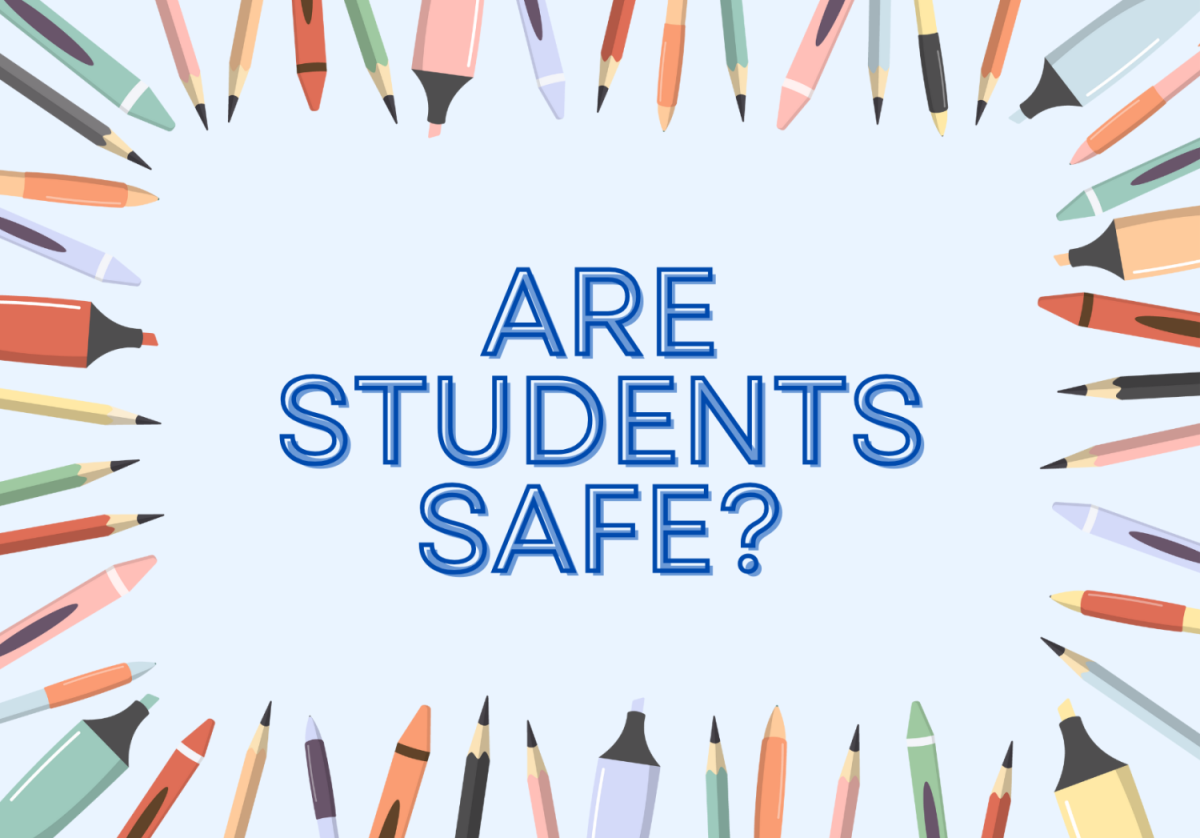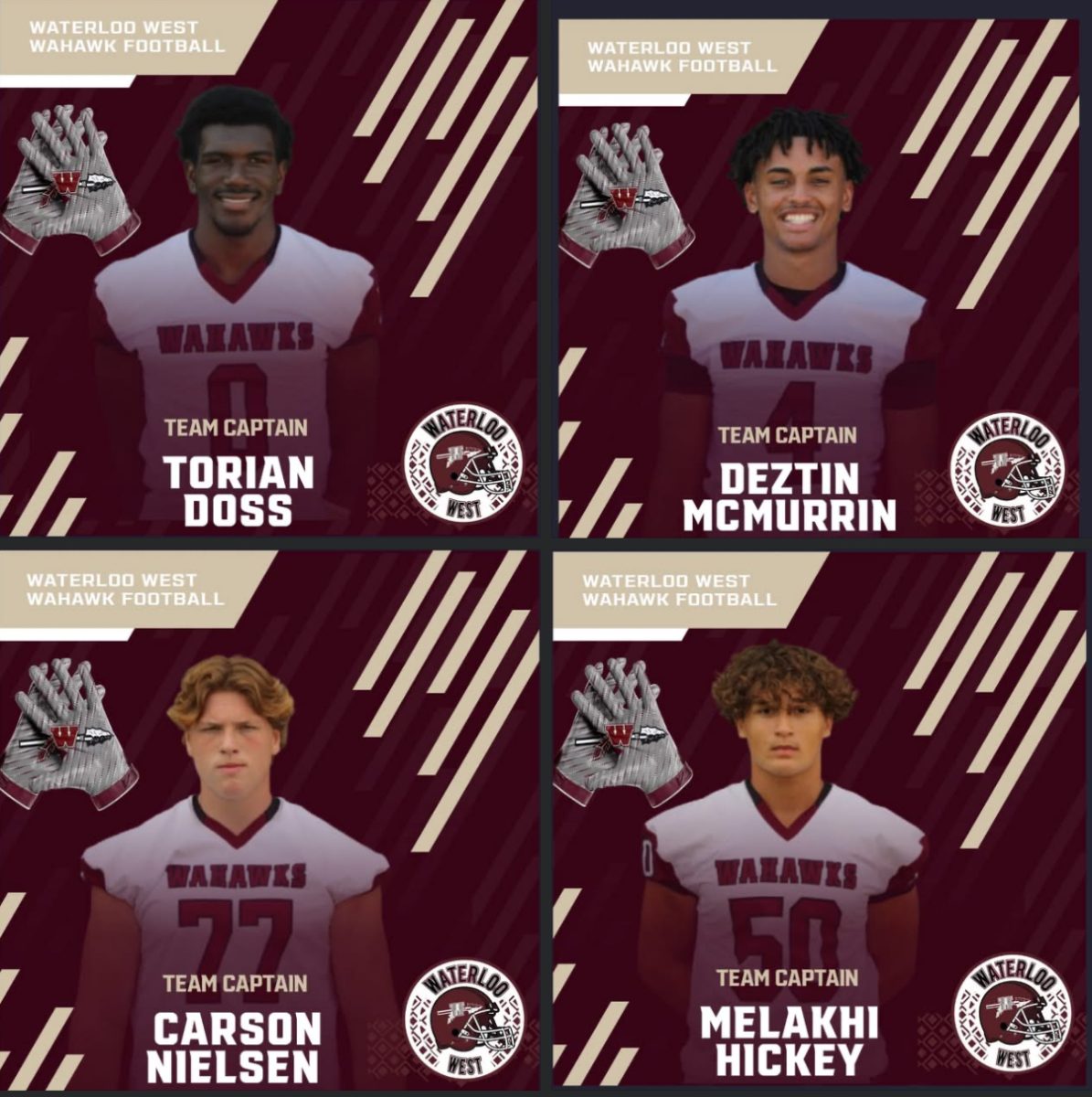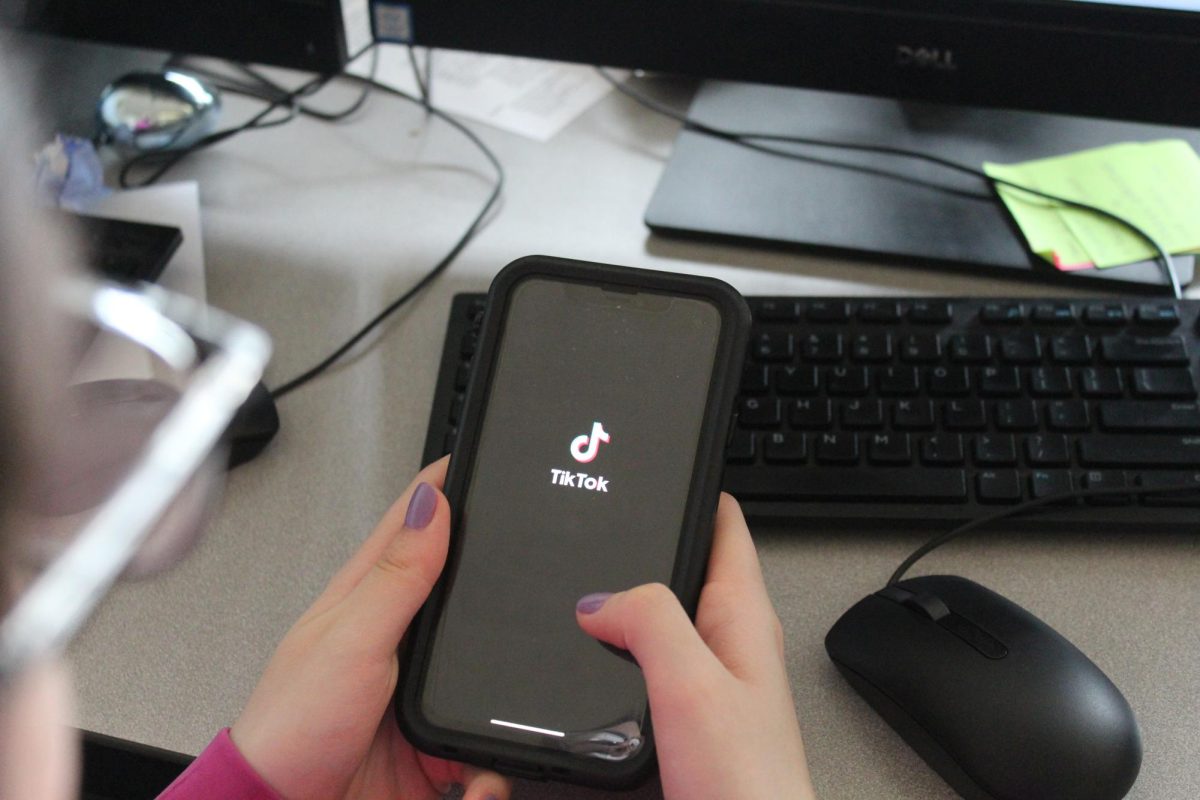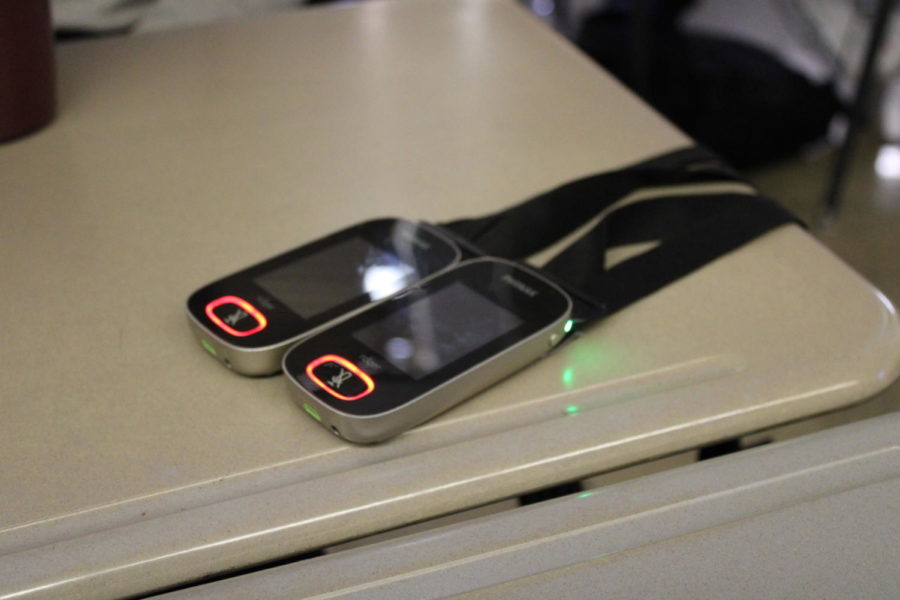Accommodations for All: FM Systems and Subtitles
A closer look at the microphone part of an FM system used in Amanda Mast’s English 9 classroom.
January 10, 2023
Frequency modulation systems, FM systems for short, and subtitles are typically thought to be used exclusively for deaf and hard of hearing students. While it is true, they do benefit the deaf and hard of hearing students, certain staff and students believe it would benefit the class as a whole.
Subtitles might be annoying for some students, but for Kaitlyn Hall, a freshman student, they can often determine whether or not she can understand an instructional video. “The problem with watching a video is that a lot of times, we will not be looking at someones face and I use lip reading to help better understand people. When I can’t see their face and I’m not close to the source of the sound, I have no idea what they’re saying unless I have subtitles turned on,” she says.
Hall is a ninth grade student who was born with worsening hearing loss that now requires her to have cochlear implants, a device that was designed to help her hear. It is a struggle to learn new content when everything being presented is not always coherent.
Hall believes that having FM systems and subtitles would positively benefit her education. Hall said, “Having an FM system, especially in my German class, would benefit me a lot because in German, I have a hard time understanding and hearing the words even if they’re said right next to me since it is not a word I am used to. In other classes, subtitles will make it easier to learn since a lot of my classes use videos to teach the lessons.”
FM systems and subtitles not only benefit the deaf and hard of hearing students, but benefit the rest of the class as well. John Balong, a German and economics teacher, reflects on how noisy classrooms can be. With group work and partner work, FM systems can impact both students hearing and ability to learn.
Balong shares that research supports the use of FM systems. “Research on the acoustic environment in classrooms suggests that classroom amplification systems are beneficial to all students, and especially to those with even mild hearing loss. This is especially true in language classrooms.”
Expanding more on the foreign language classes, Balong said “in World Language classes, it is vital that students are able to hear all of the target language input they receive from their teacher, their peers, and the audio and video clips played in class. Amplification systems can help overcome the background noise that could interrupt the students’ reception of that input.”
While Balong shares the benefit FM systems have on learning a new language, Amanda Mast, in an English room, can speak from experience. Before becoming a teacher, Mast had the opportunity to observe a class that used a full class microphone system. “It was very interesting to watch. It was also fun to watch because getting kids attention just went a whole lot faster. It didn’t have to be, you know, a big thing where no one can hear you. I think it’d be beneficial and I think it’s interesting and helps all students,” she said.

Besides the observation, Mast uses an FM system in one of her English classes. Mast shared that her reason is that she has two hard of hearing students. Though, it does not only benefit them. “I don’t like to be super loud, it takes a lot of my energy. I know that sometimes, people don’t hear me in the back so I think it would make it more well rounded. It doesn’t matter necessarily where you sit, you’d be able to hear for sure. It would also take a lot of stress off of the teacher,” says Mast. Having FM systems will not only benefit the students, it will also benefit the teachers.
FM systems are not something that can be implemented over night. However, one thing that can easily be done by all is adding subtitles.
When discussing the importance of subtitles, Mast said “I don’t see a reason to not include subtitles. I am not a movie person and if I’m watching a movie, I lose focus because my brain isn’t working with it. If I’m reading subtitles with it, there is a better chance that I’m actually understanding the story. I would assume there are some students that work that way as well. It’s not like we’re giving anyone a crutch that makes it unfair, it’s just something that benefits everyone.”
By not including subtitles, we are creating a handicap. We are taking away the ability for some students to understand the content even if it is unintentional.
When reflecting on how accommodating the school is for deaf and hard of hearing students, Hall says “I think the school tries to be accommodating but a lot of times, you will have teachers who will not turn on subtitles or will place a hard of hearing student at the back of the classroom; something that has happened to me many times.” While the school can not control each teacher all of the time, Hall believes the accommodations “do not accommodate me.”






































